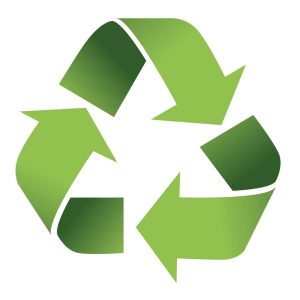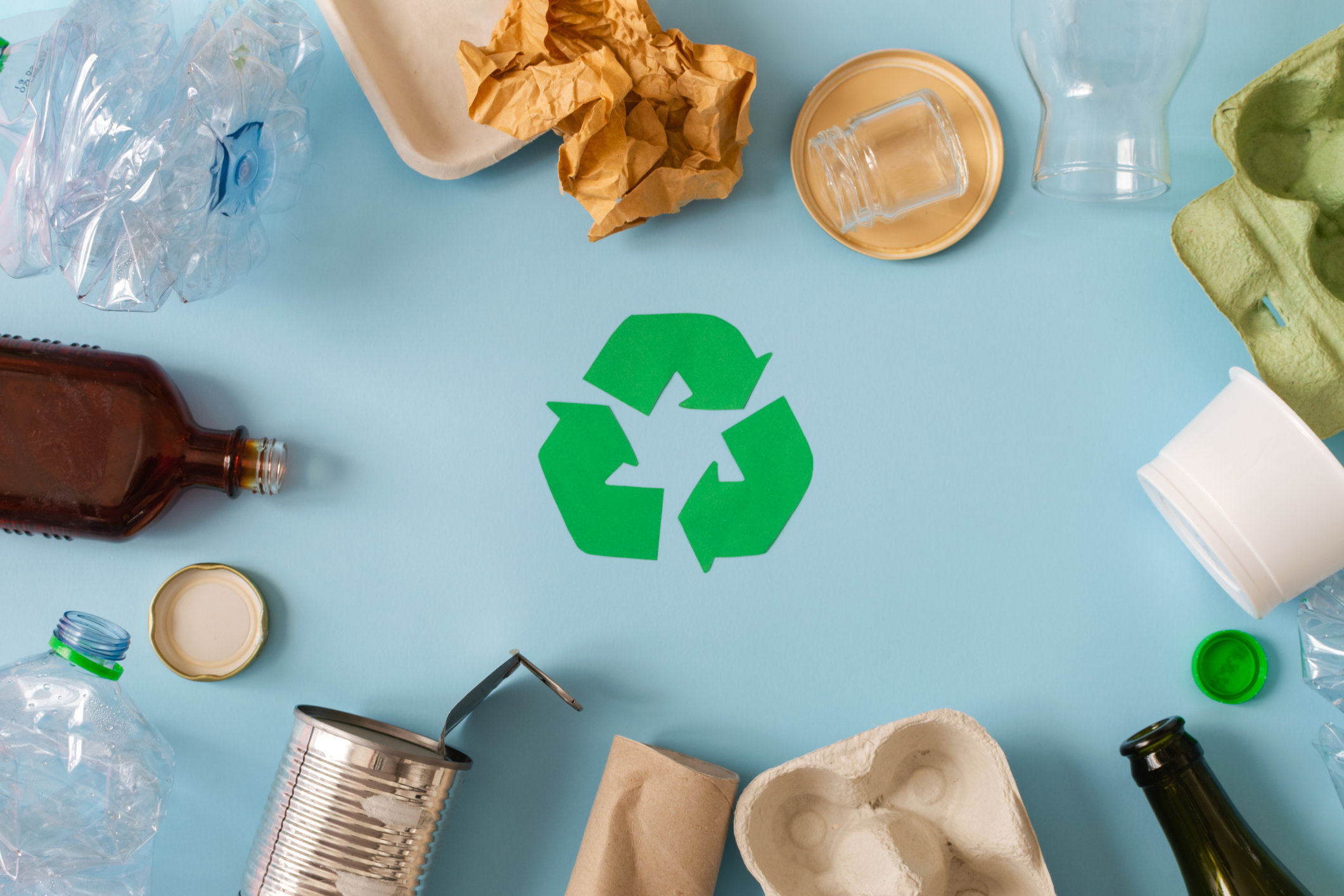Safe food? It all depends on the packaging!
Food safety is one of the key factors in human health protection. The safety of the materials that come into contact with food (hereinafter referred to as FCM – Food Contact Materials) is no less important. Packaging, bottles, kitchen utensils and their components, tableware, food containers or as well as surfaces in food processing plants and machinery may contain substances capable of migrating into food. However, it is crucial to ensure that these ingredients do not migrate into food in quantities that could endanger human health or bring about an unacceptable change in the composition of the food or cause a deterioration in the organoleptic characteristics.
Manufacturers, importers and downstream users of FCMs are obliged to demonstrate that the ingredients of the product they are about to place on the market do not exceed the legal migration limits and that the product is safe for the consumer.
Within the European Union, materials and articles intended to come into contact with food must be manufactured in accordance with Commission Regulation (EC) No 2023/2006 of 22 December 2006 on good manufacturing practice for materials and articles intended to come into contact with food and must comply with the requirements laid down in Regulation (EC) No 1935/2004 of the European Parliament and of the

Council of 27 October 2004 on materials and articles intended to come into contact with food.
Plastics, recycled plastics, ceramics, regenerated cellulose film, active and intelligent materials, bisphenol A, epoxy derivatives, N-nitrosamines and N-nitrosatable substances, polyamide and melamine plastic kitchenware from China and Hong Kong – all of these are further regulated by specific regulations or directives in addition to (EC) No 1935/2004.
|
COMMISSION REGULATION (EU) 2022/1616 on recycled plastic materials and articles intended to come into contact with food |
| COMMISSION REGULATION (EU) No 10/2011 on plastic materials and articles intended to come into contact with food |
| COMMISSION REGULATION (EC) No 450/2009 on active and intelligent materials and articles intended to come into contact with food |
| COUNCIL DIRECTIVE on the approximation of the laws of the Member States relating to ceramic articles intended to come into contact with food (84/500/EEC) |
| COMMISSION DIRECTIVE 2007/42/EC as regards materials and articles made of regenerated cellulose film intended to come into contact with food |
| COMMISSION REGULATION (EU) 2018/213 on the use of bisphenol A in varnishes and coatings intended to come into contact with food and amending Regulation (EU) No 10/2011 as regards the use of that substance in plastic food contact materials |
| COMMISSION REGULATION (EC) No 1895/2005 on the restriction of the use of certain epoxy derivatives in materials and articles intended to come into contact with food |
| COMMISSION DIRECTIVE 93/11/EEC concerning the release of N-nitrosamines and N-nitrosating substances from elastomeric or rubber baby bottle teats or teats |
|
COMMISSION REGULATION (EU) No 284/2011 laying down special conditions and detailed procedures for imports of polyamide and melamine plastic kitchen utensils originating in or consigned from the People’s Republic of China and the Hong Kong Special Administrative Region of China |
In addition, Member States may apply their own legislation for non-harmonised materials (typically waxes, adhesives, printing inks, glass, metals and alloys, cork, rubber, silicones, paper and cardboard, etc.) or stricter limits and/or restrictions for the presence of certain substances (e.g. heavy metals in ceramics, PFAS) in materials with harmonised legislation.

Declaration of Compliance (DoC)
Specific materials (e.g. plastics, reclaimed cellulose film, ceramics, etc.) must be accompanied by a written declaration that the materials used comply with the relevant regulations – Declaration of Conformity.
Compliance must be supported by supporting documentation that is accessible to the control authorities.
The Declaration of Conformity summarises information about the manufacturer/importer/downstream user, the material/product itself, as well as the manner and conditions of its use. A properly drafted declaration of conformity is a means of allowing access to important information for any subsequent user without the need to share other confidential information.